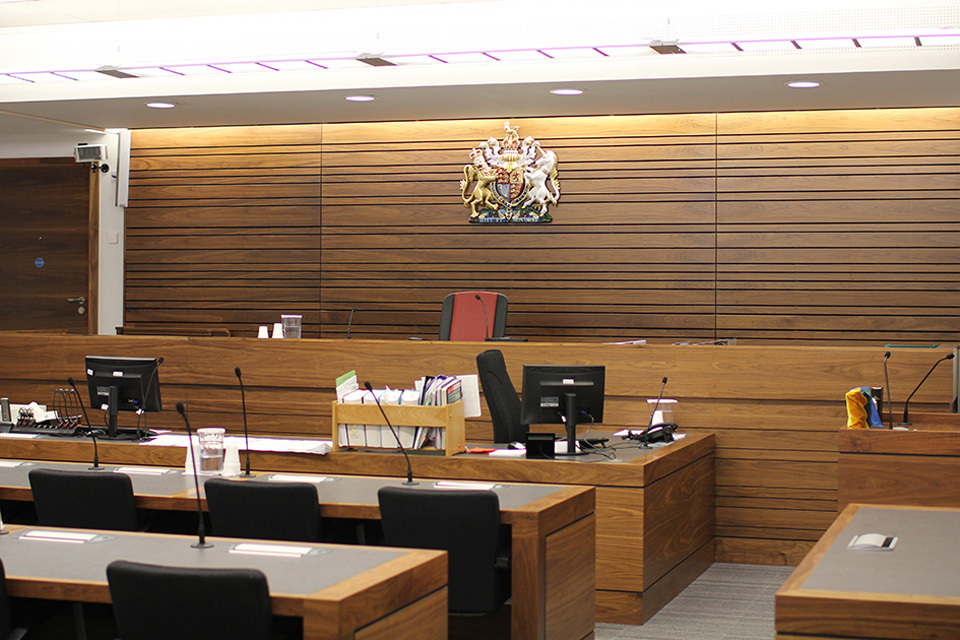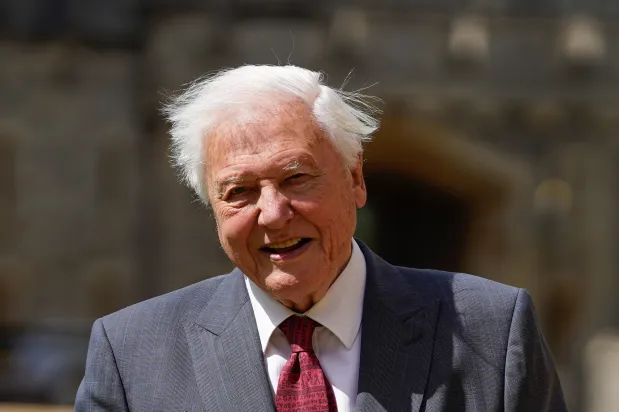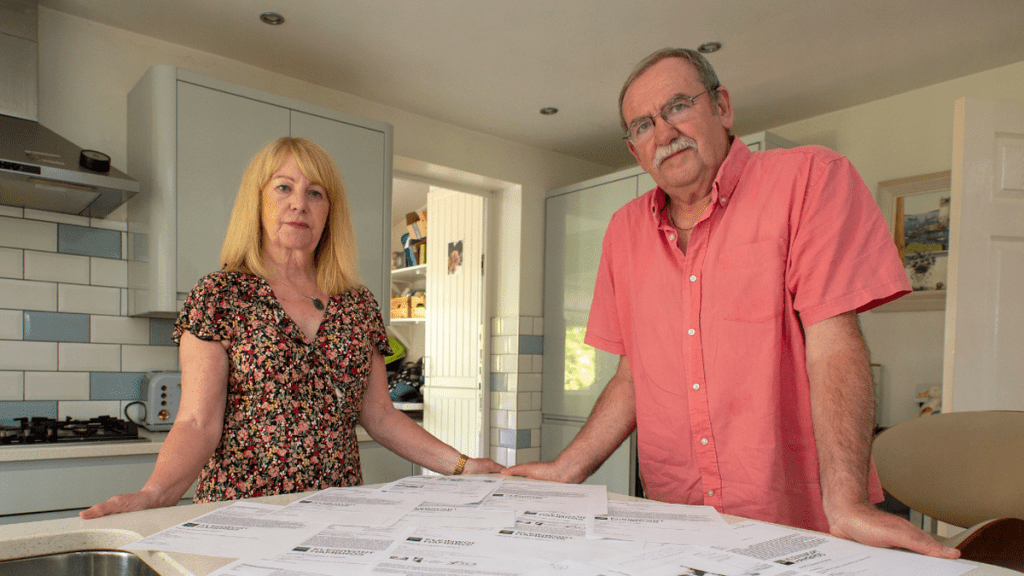A convicted fraudster from Essex has been ordered to sell his BMW and flat to repay £50,000 he illegally received through a government-backed scheme. Sameer Saeed, who resides on Stoneleigh Road in Ilford, attempted to take advantage of the COVID-19 Bounce-Back Loan Scheme, securing a substantial loan through deceitful means.
In December 2022, the court handed the fraudster a suspended prison sentence, a three-year director ban, and other penalties after he admitted to fraudulent activities. He obtained a loan for one of his companies in 2020 and applied unsuccessfully for an additional loan.
How Saeed Misused the COVID-19 Loan
Saeed, 44, operated as the sole director of two companies: Digital Business Box Ltd and The Home Wills Ltd. He established these businesses in April 2019 and March 2020, respectively. Despite limited or unclear trading activities, he exaggerated the turnover of his first company, Digital Business Box, to qualify for the loan.
He claimed his turnover was £200,000, a significant inflation from the actual amount of £60,000, to receive a £50,000 loan. After securing the funds, he used the money to clear personal debts. He even purchased a BMW X5 SUV, spending approximately £19,000 on car repairs and personal expenses.
In an apparent effort to evade responsibility, the fraudster applied to have Digital Business Box Ltd struck off the Companies House register just 12 days after receiving the £50,000 loan. This action breached his duty to creditors. As he failed to inform the bank of his intent to dissolve the business shortly after obtaining the loan. Later, in 2020, he attempted to secure another loan for The Home Wills Ltd, but the bank rejected his application.
Court Sentences and Asset Sales
In December 2022, Snaresbrook Crown Court sentenced Saeed to 20 months in prison, suspended for 18 months. Alongside the prison sentence, the court banned him from serving as a company director for three years. He was also ordered to complete 300 hours of unpaid community work and contribute £2,000 toward prosecution costs.
As part of his punishment, the court directed Saeed to sell his BMW to begin repaying the fraudulent loan. In June 2023, he complied, selling the car to cover part of the repayment. However, to fully settle his debt, Saeed also had to sell his Stoneleigh Road property. The sale concluded in late October 2024, and he added £850 to complete the repayment.
Fraudulent Intent and Misuse of Public Funds
Saeed’s actions demonstrate a cynical abuse of the COVID loan scheme, which the UK government implemented to help businesses during the pandemic. By exaggerating his company’s earnings and falsely justifying his loan, Saeed exploited a system meant to support struggling businesses. He diverted these funds away from their intended purpose, using them for personal gain.
According to Alexander Grierson, Head of Asset Recovery at the Insolvency Service, Saeed showed premeditation and a disregard for the loan’s purpose. Grierson explained, “Saeed cynically accessed emergency Covid support scheme funds by overstating his turnover and then applied to have his company struck off in the same month.” He continued, “His actions were premeditated, and he never planned to use the money for the economic benefit of his business.”
Ongoing Efforts in Fraud Prevention
The Insolvency Service has invested substantial time and effort to investigate and recover the misused funds. This case illustrates the agency’s dedication to fraud prevention, particularly concerning funds allocated to support the economy during challenging times. Through asset recovery, the Insolvency Service aims to recoup public funds misappropriated by individuals abusing government support schemes.
Grierson praised the investigators’ work, noting that the recovery process has been long but worthwhile. “Since his conviction, investigators at the Insolvency Service have worked hard to identify his assets and recover the money he fraudulently obtained. This has been a long process but demonstrates our commitment and determination to recover money lost to the public purse.”
Lessons Learned
While it’s encouraging to see a fraudster punished for misusing the Bounce Back Loan Scheme, these cases remain the exception, not the rule. Billions of pounds were siphoned off by fraudsters exploiting the scheme during the pandemic. Yet, less than 1% of that stolen money has been recovered. The result? The public ultimately bears the cost for these crimes, as government funds are redirected to cover the losses.
Fraudulent misuse of public funds damages not only the economy but also public trust in support systems. Despite this, the pursuit of fraudsters has yet to match the rigour with which other serious crimes are tackled. Bringing these criminals to justice should be a top priority for government agencies. Especially in light of the vast sums stolen during a time of national crisis.



